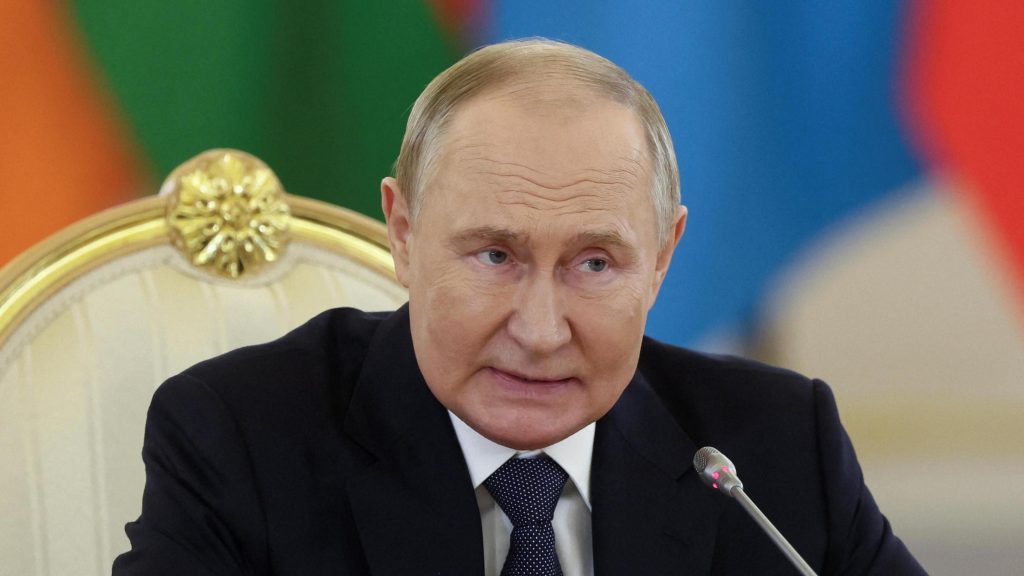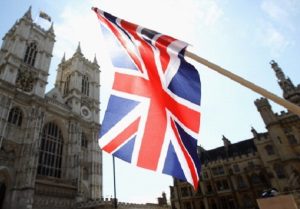
The UK government is currently conducting 37 investigations into businesses linked to the country for potentially violating sanctions imposed on Russian oil. Despite the significant number of cases, no fines or prosecutions have been issued thus far, raising concerns among critics.
While the identities of the companies involved remain undisclosed, it is believed that some may include maritime insurance firms. The Treasury has acknowledged the complexity of these investigations, stating that thorough processes take considerable time before any action can be taken.
Sir William Browder, a prominent critic of Russian President Vladimir Putin, has voiced his frustration over the lack of accountability. He described the situation as an “embarrassment,” pointing out that no prosecutions or fines have resulted from the investigations into alleged breaches of oil sanctions. Following Russia’s invasion of Ukraine in 2022, the UK and other Western nations implemented financial sanctions aimed at capping the price of Russian oil to prevent substantial profits flowing to Moscow.
Under these sanctions, British businesses are prohibited from facilitating the transportation of Russian oil sold above $60 per barrel. Sir William criticized the UK for being “one of the most lax enforcers” of such laws, highlighting issues related to both resources and cultural attitudes toward prosecuting economic crimes.
Critics of the sanctions have raised concerns about their effectiveness, especially in light of recent data suggesting that the Russian economy is experiencing growth. Information obtained through Freedom of Information requests revealed that since December 2022, the Treasury has initiated investigations into 52 companies with UK ties suspected of violating the oil price cap. As of August, 37 investigations were still active, while 15 had concluded without any penalties being imposed.
Louis Wilson, head of fossil fuel investigations at the anti-corruption organization Global Witness, expressed astonishment that no fines have been levied against any of the companies under scrutiny. He referred to the oil price cap as a “paper tiger,” suggesting it fails to effectively deter rule-breaking behavior. Wilson emphasized the need for the UK government to prevent British businesses from enabling Putin’s financial gains, arguing that stricter enforcement would encourage others to follow suit.
Investigations related to breaches of the oil cap and other financial sanctions are conducted by the Office of Financial Sanctions Implementation (OFSI). The office received an additional £50 million in funding earlier this year to bolster its enforcement capabilities. However, Wilson indicated that companies under investigation often find it relatively easy to obtain documentation that allows them to evade consequences.
He described these documents as “voluntary bits of paper,” which can be secured even when a company has transported oil sold above the price cap. Wilson warned that unless the government takes firmer action, these businesses may either secure the necessary paperwork to avoid penalties or see the cases quietly dropped.
Concerns have also been raised about the United States’ reluctance to tighten sanctions, as officials worry that stricter measures could disrupt the Russian oil trade and lead to increased global oil prices. Conservative shadow foreign office minister Dame Harriett Baldwin emphasized the importance of sanctions in undermining Russia’s financial resources and stressed the need for the government and the oil sector to address ongoing importation of Russian oil.
She called for OFSI to impose financial penalties when deliberate wrongdoing is identified. A Treasury spokesperson reiterated the government’s commitment to enforcement, stating that they are “putting sanction breachers on notice.”
Data from Russia’s own finance ministry indicated a significant decline in oil tax revenues, showing a 30% drop in 2023 compared to the previous year, suggesting that the price cap is having some effect.
In February, Dame Harriett launched an inquiry into the effectiveness of the sanctions regime, revealing evidence that the oil price cap is being circumvented through refining Russian oil in third countries before it is exported to the UK. However, parliamentary committees are dissolved when elections are called, leaving the findings of the Treasury committee inquiry unpublished.
The OFSI recently issued its first Russia-related penalty, fining Integral Concierge Services £15,000 for involving a sanctioned individual in financial transactions. This penalty serves as a reminder of the complexities and challenges in enforcing sanctions against a backdrop of global economic interdependence and geopolitical tensions.








